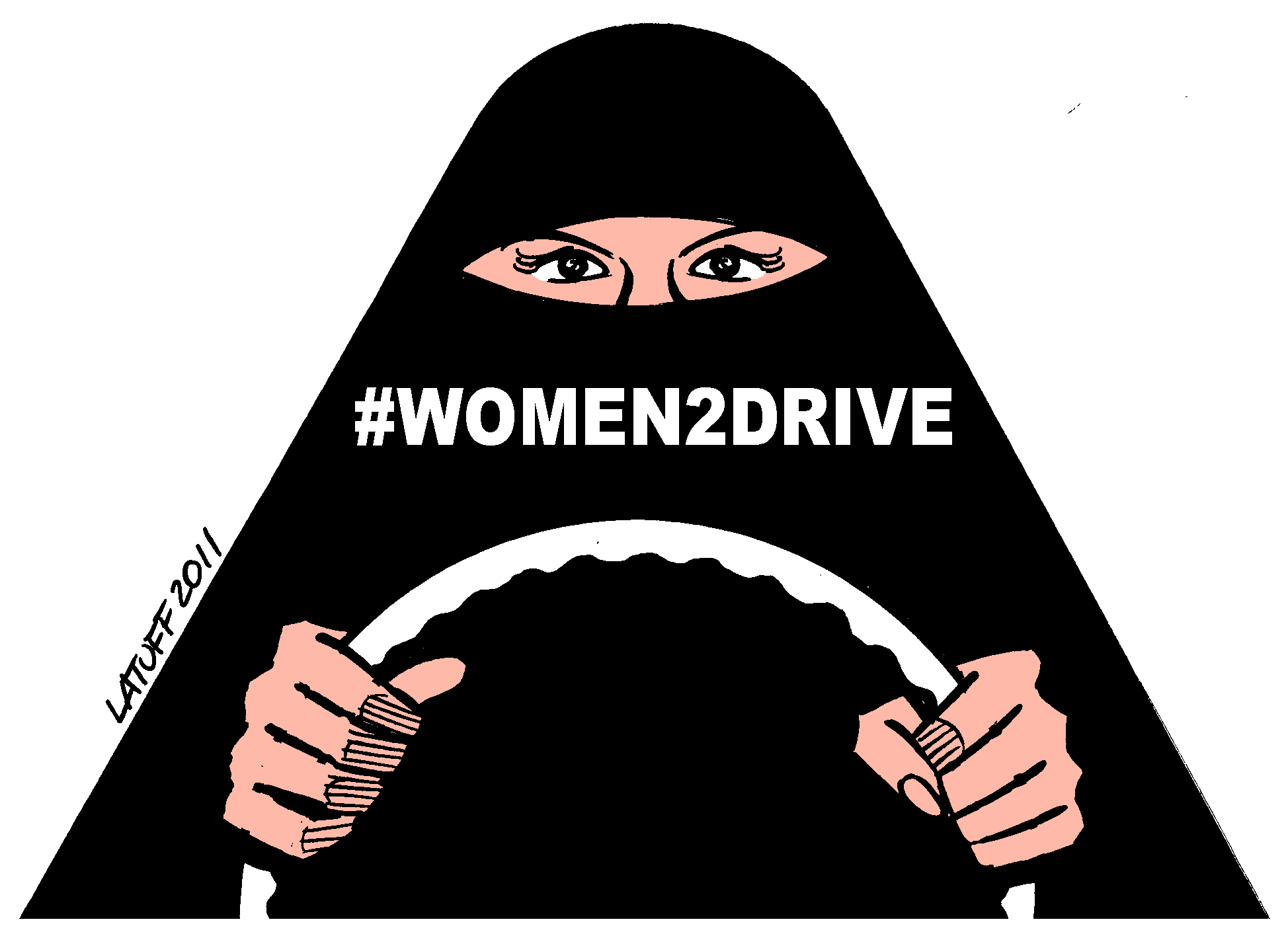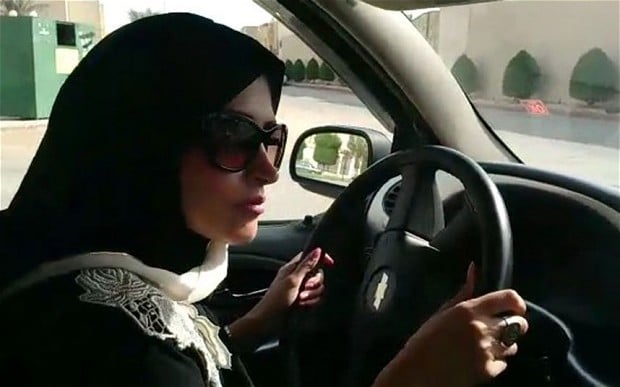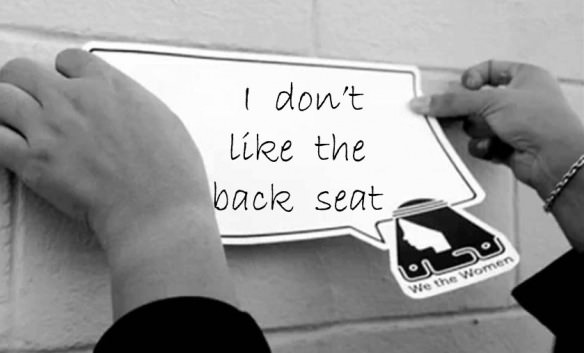
In most countries being able to drive is a fundamental right, afforded to anyone that is of legal age. However, this is not the case in Saudi Arabia. In this ultraconservative Islamic nation, women are not allowed to do many things that females worldwide take for granted, including getting behind the wheel. Though there is no official law in place, local authorities consistently turn down license requests from women, effectively resulting in a defacto ban. Those who defy the unwritten rule often end up losing their jobs and even risk getting arrested and jailed.
Fortunately, life for the country’s women is about to change for the better, thanks to an official decree issued by Saudi King Salman bin Abdulaziz on Tuesday, September 26. The law, which goes into effect in June 2018, will enable them to obtain a driver’s license without requiring consent from their legal guardian and, more importantly, drive alone, without a male guardian in the car. While those allowances may seem strange to most of us, they are a significant step forward for Saudi Arabia where every aspect of a female’s life, is controlled by her father, brother, husband or son.
Not surprisingly, Saudi Arabian suffragettes, who have been fighting to get this antiquated rule overturned for over three decades, met the news with much joy. Manal al-Sharif, who was imprisoned for driving in 2011, tweeted: “Today the last country on earth to allow women to drive...we did it.”

The reasons for not allowing females to drive ranged from it being “inappropriate” in the Saudi culture, to fear that they would be unable to deal with roadside emergencies, such as flat tires or breakdowns. Unfortunately, the ban meant that women were unable to hold jobs unless they could afford private drivers or convince a male relative to take them.
Experts believe the decree will not only empower females to pursue careers, but also help 32-year-old Crown Prince Mohammed bin Salman’s goal to diversify Saudi Arabia’s oil-dependent economy by 2030. Hala Dosari, a fellow at the Harvard University’s Radcliff Institute, says, “The timing had less to do with social pressure and more to do with the government recognizing that in order to accomplish its ambitious economic vision they had to make gradual adjustments.”

According to a recently released labor survey, almost 1.3 million foreigners, or roughly 60% of the country’s foreign domestic workers, are drivers. Experts say that most of their salaries, estimated to be anywhere from $4 billion to $10 billion, are sent to families in their country of origin. Allowing women to drive will lessen or eliminate their dependence on drivers and increase their disposable income, which will be used to make domestic purchases. The driving ban lift will also allow more women to join the workforce, and spur further spending.
The latest reform follows on the heels of a number of changes made by the country’s ultraconservative regime in the past few years. In 2015, women were given the right to vote and run for council seats. In July 2017, girls were finally allowed to play sports in public schools and in mid-September, females were invited to attend Saudi Arabia’s National Day festivities held at a local stadium for the first time.
While the reforms are certainly encouraging, Saudi women are still severely restricted in what they are allowed to do. They not only have to abide by a strict dress code, but also cannot travel abroad, work, or undergo medical procedures without the approval of their male “guardian.” But these recent changes are giving them hope that things can only get better going forward. As activist Manal al-Sharif, succinctly wrote on Twitter, "Saudi Arabia will never be the same again. The rain begins with a single drop."
Resources: theweek.co.uk, latimes.com,hrw.org